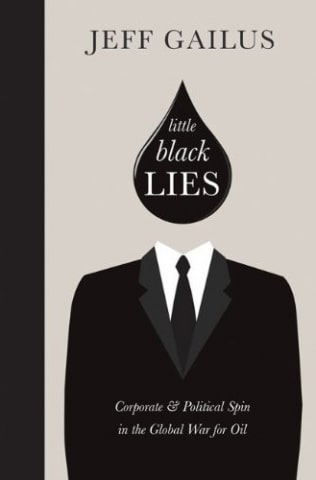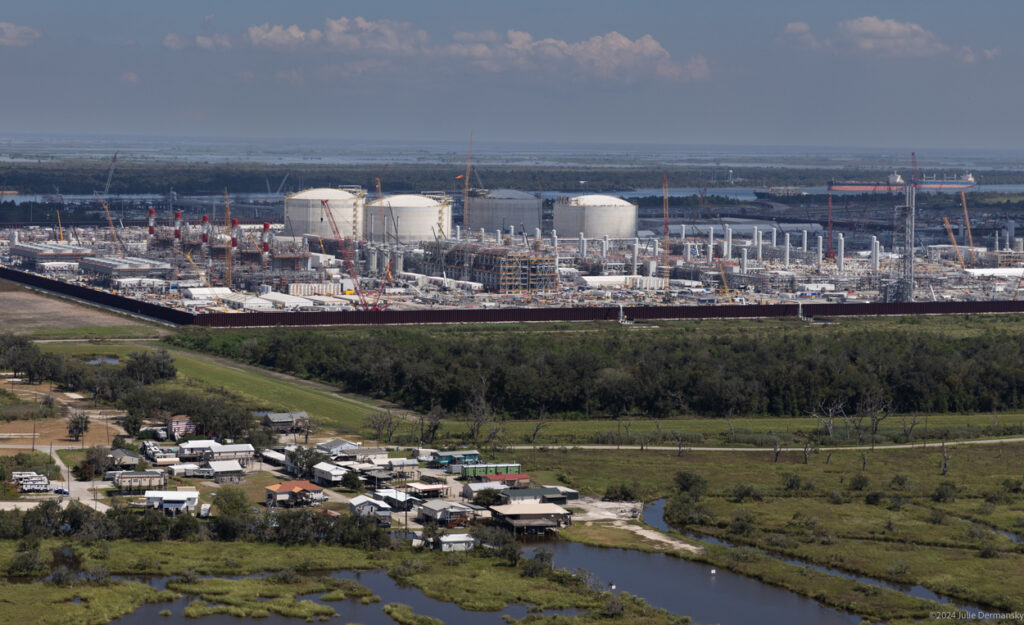If you’ve been paying attention to the news, you’ll know that the Alberta government is suing the tobacco industry for $10 billion. What may be less clear is how ironic this gesture of fiscal responsibility is, coming, as it does, from a government that happily perpetuates the same transgressions that got Big Tobacco in trouble in the first place.
“Each year, approximately 3,000 Albertans die from tobacco-related illnesses,” Premier Alison Redford said when she announced the legal action last May. “This lawsuit, to be clear, is not about banning cigarettes or punishing smokers. It is about recovering health-care costs as a result of the misconduct of the tobacco industry.”
The issue, Redford reminds us, is not that cigarette smoking kills thousands of people, and costs taxpayers millions of dollars, every year. No, Redford, like others who have sued the tobacco industry over the last 30 years, are outraged that these purveyors of America’s most widely used addictive drug lied and lied relentlessly to the North American public.
Rather than come clean and acknowledge the scientific evidence that cigarette smoking caused various illnesses, the tobacco industry embarked on an insidious campaign to discredit the science and foul the public airways with deceptive advertising, all so innocent smokers would keep buying their deadly products (a crime that was sardonically portrayed in the hit movie, Thank You for Smoking).
This strategy, which has been used by other industries that make dangerous or polluting products, became known as the art of “manufacturing doubt,” after a now infamous memo from a senior tobacco official. “Doubt is our product,” the anonymous tobacconist wrote, “since it is the best means of competing with the ‘body of fact’ that exists in the minds of the general public. It is also the means of establishing a controversy.”
It sounds complicated, almost impossibly so, but it’s actually rather simple if you have enough money. Corporate collectives have been doing it for decades: funding bogus science and investing in think tanks to produce dubious research results that cast doubt on legitimate research findings, from cancer-causing tobacco to global warming carbon emissions.
Add well-funded advertising campaigns that create a new reality irrespective of the truth, and corporations have been able to thwart government regulations that might otherwise damage their bottom lines – or at the very least make them fess up to the less savoury impacts of their products and services.
If this sounds eerily familiar, it should. The Government of Alberta, in cahoots with the oil industry, has been using a similar strategy to promote tar sands development in northern Alberta. The first step was to create a monitoring system that was incapable of detecting pollution in the land and water in the tar sands region.
It gets worse. To visit the Alberta government website today is to get a glimpse of what Big Tobacco’s website might have looked like in the 1980s (if there were such things then). Despite the fact the monitoring program has been roundly panned, and despite two studies (one by David Schindler and his colleagues and one by Environment Canada) have confirmed that Big Oil’s mines and upgraders are polluting the land and water in the area, the Alberta government website still claims that it conducts “a very extensive monitoring program” that would detect pollution if it existed, and that any pollution it does find is a result of “background loading from natural sources.”
This is but one of the most egregious examples of the kind of deceptive misinformation that has come to define the Alberta government’s approach to strategic communications. Like Big Tobacco’s efforts to maintain the façade of healthy cigarettes in the face of scientific evidence to the contrary, the Alberta government prefers to manufacture just enough doubt to keep reality at bay and the citizenry quietly complacent. Think doublethink, where inconvenient facts are forgotten and clean becomes the new dirty.
It’s possible, decades from now, that a cabal of outraged Albertans will sue the Alberta government for “misconduct” on the tar sands file, just as the Alberta government is doing to the tobacco industry today, but by then the damage will have been done, and the people and ecosystems of northern Alberta will have been forever damaged.
For now, why not pick up a copy of of George Orwell’s Nineteen Eighty-Four and see if anything else sounds familiar.
This is the second in a weekly series by Jeff Gailus on the little black lies that are preventing an open and honest debate about climate and energy policy in Canada. Gailus’ book, Little Black Lies: Corporate and Political Spin in the Global War for Oil, was published by Rocky Mountain Books in October 2012.
Subscribe to our newsletter
Stay up to date with DeSmog news and alerts







